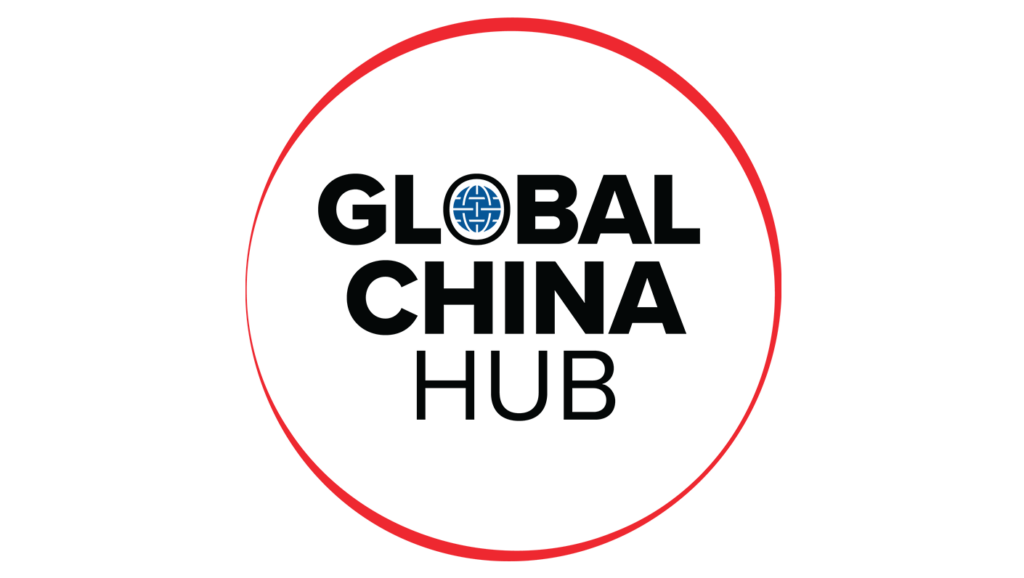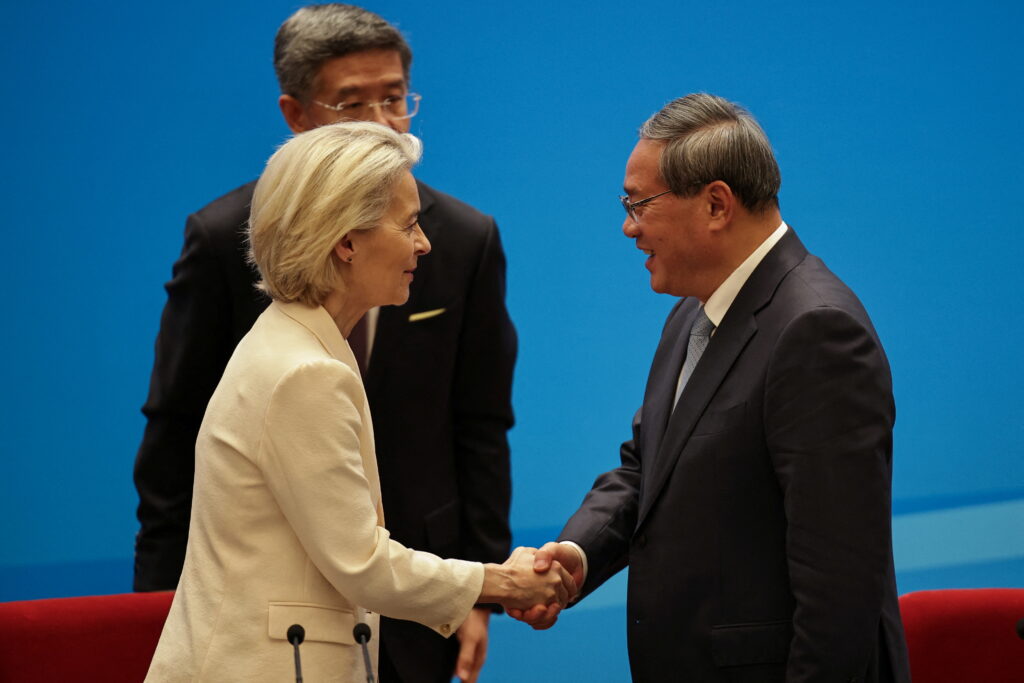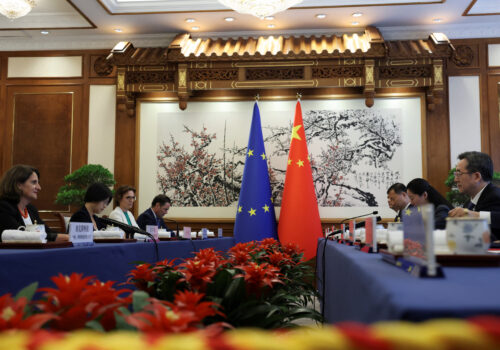Is Europe waking up to the China challenge? How geopolitics are reshaping EU and transatlantic strategy
China’s ever-expanding global ambitions, unfolding amid renewed great power competition, pose a significant challenge to the strategic and economic interests of the United States and its European allies. Addressing these challenges will require strong and consistent transatlantic alignment and coordination—from countering Beijing’s unfair economic practices to confronting its assertive security posture.
Such alignment, however, has often been uneven. While the United States identified China as its primary strategic competitor and shifted from engagement to balancing as early as 2017, the European Union (EU) approach has evolved more slowly and inconsistently. This report explores the structural and political roots of that inconsistency—and offers guidance on how US policymakers can use these insights to foster unified transatlantic action.
In doing so, it traces the policy trajectories of individual member states, assesses the role of EU institutions in shaping China policy, and examines four key geopolitical trends that have nudged the EU toward a gradual move from engagement to balancing and “de-risking” vis-à-vis Beijing. Although significant differences persist between the United States and the EU in their broader trade posture, the findings indicate that Europe is increasingly waking up to the China challenge—and that the EU’s shifting stance could lay the groundwork for a more coherent, durable transatlantic strategy toward China.
Read the chapters
About the authors
Acknowledgements
This report is the culmination of a year-long research project made possible through the generous support of the Smith Richardson Foundation.
The authors would like to express their gratitude to numerous individuals at the Atlantic Council for their hard work and dedication to the project, including:
- Melanie Hart, senior director, Global China Hub
- Samantha Wong, assistant director, Global China Hub
- Jörn Fleck, senior director, Europe Center
- James Batchik, associate director, Europe Center
- Emma Nix, assistant director, Europe Center
The authors would also like to thank Jeff Fleischer, Daniel Malloy, Andrea Ratiu, and Kai Schnier for their editorial and digital assistance.
The project drew on the insights of numerous policymakers, experts, and scholars who participated in interviews and roundtables hosted by partner institutions, including the European Policy Centre in Brussels, the Institut Montaigne in Paris, the Equilibrium Institute in Budapest, the Institute for International Political Studies in Milan, and the Mercator Institute for China Studies in Berlin. Their contributions significantly informed the analysis presented here.
Related Content
Explore the program

The Global China Hub tracks Beijing’s actions and their global impacts, assessing China’s rise from multiple angles and identifying emerging China policy challenges. The Hub leverages its network of China experts around the world to generate actionable recommendations for policymakers in Washington and beyond.

The Europe Center promotes leadership, strategies, and analysis to ensure a strong, ambitious, and forward-looking transatlantic relationship.
Image: Flags of European Union and China are pictured during the China-EU summit at the Great Hall of the People in Beijing, China, July 12, 2016. REUTERS/Jason Lee




